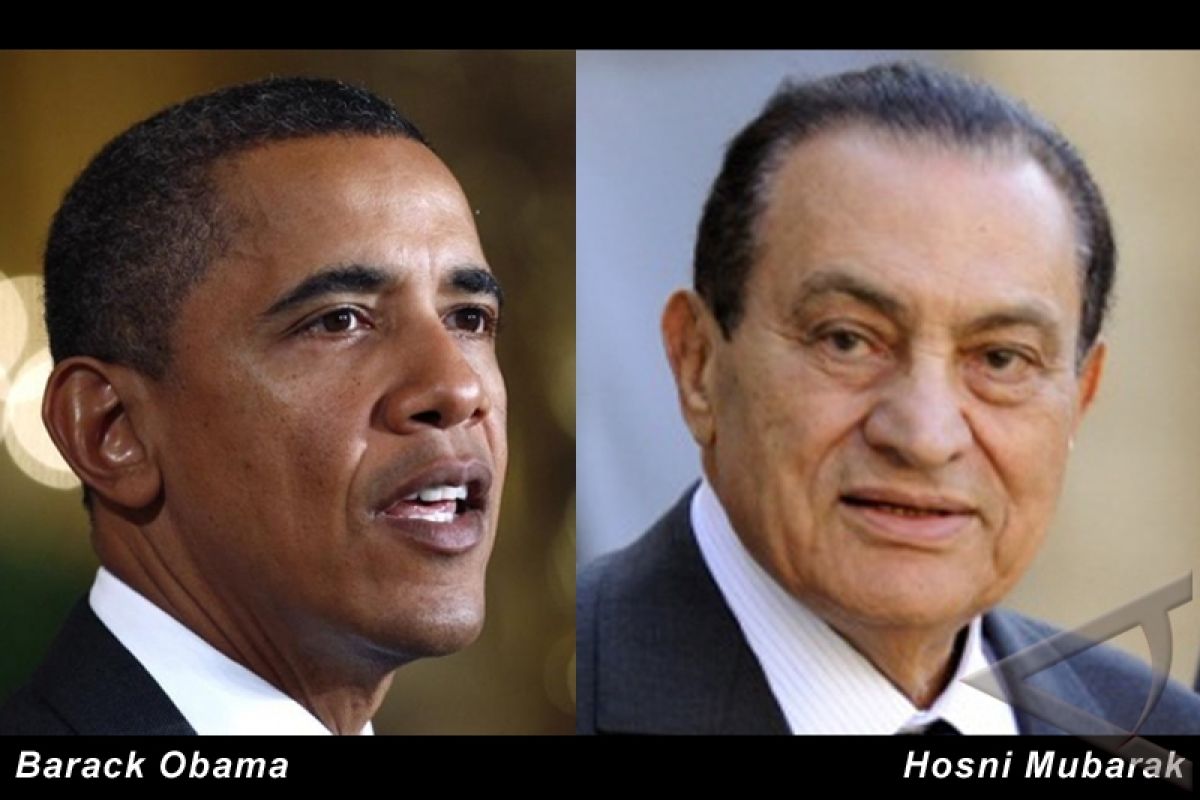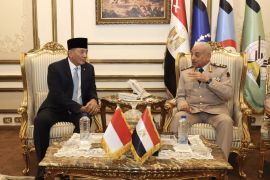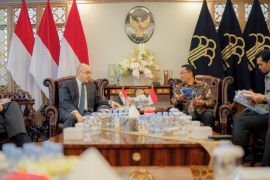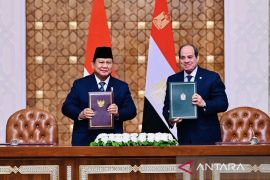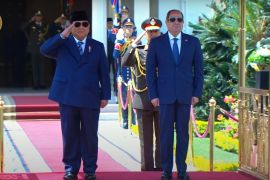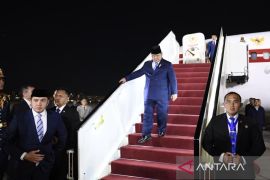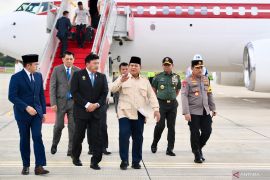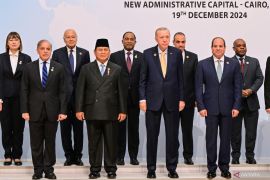"Obviously, Egypt has to negotiate a path and they`re making progress," he told journalists after addressing the US Chamber of Commerce.
On Sunday, Suleiman -- key lieutenant and possible successor to beleaguered President Hosni Mubarak -- invited several opposition groups to join him on a panel to pilot democratic reform.
But the demonstrators were unimpressed and vowed to maintain their two-week vigil in Cairo`s Tahrir Square.
Opposition parties, including the powerful Muslim Brotherhood, repeated their demand that Mubarak himself must stand down or immediately delegate his powers to Suleiman.
At the White House, Obama`s spokesmsan Robert Gibbs stressed that the United States will be a partner to a new Egypt but its future leadership will need to "uphold" existing treaties, in apparent reference to that country`s peace deal with Israel.
Washington "will be a partner" to an Egyptian government "we would expect that that partner would uphold particularly the treaties and the obligations that the government of Egypt, and ultimately the people of Egypt, have entered into."
The spokesman was responding to a question about the possible participation of the opposition Muslim Brotherhood in the transition to a new Egyptian government.
Gibbs said, however, that the Obama administration has not been in contact with the Muslim Brotherhood, noting significant disagreements with the powerful Islamist movement that has long been officially banned from Egyptian politics.
"We have many disagreements with the rhetoric of some of the leaders in that organization."
Some Western observers have expressed concern the Brotherhood could sweep to power and institute an Islamist regime that would be no more democratic and might break Egypt`s close alliance with Washington.
There are also worries, particularly in Israel, that under the Brotherhood Egypt could adopt a much more hostile stance towards the Jewish state, even tearing up their 1979 peace treaty, signed after four wars.
Mubarak has been a key diplomatic figure in regional diplomacy in his three decades in power, mediating between the Israelis and the rest of the Arab world, and the Palestinians in particular.
The longtime leader has refused to immediately step down but announced last week he would not seek re-election.
Mubarak`s announcement was quickly rejected by the Muslim Brotherhood, which rejected his offer to leave after his mandate ends in September. (*)
Editor: Kunto Wibisono
Copyright © ANTARA 2011
